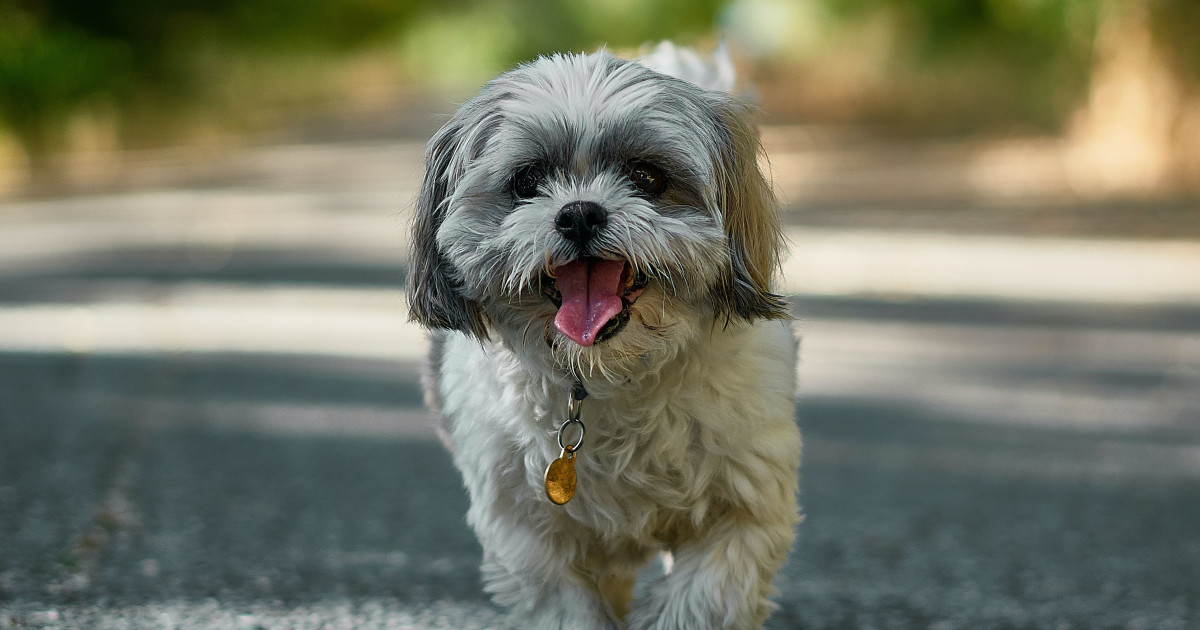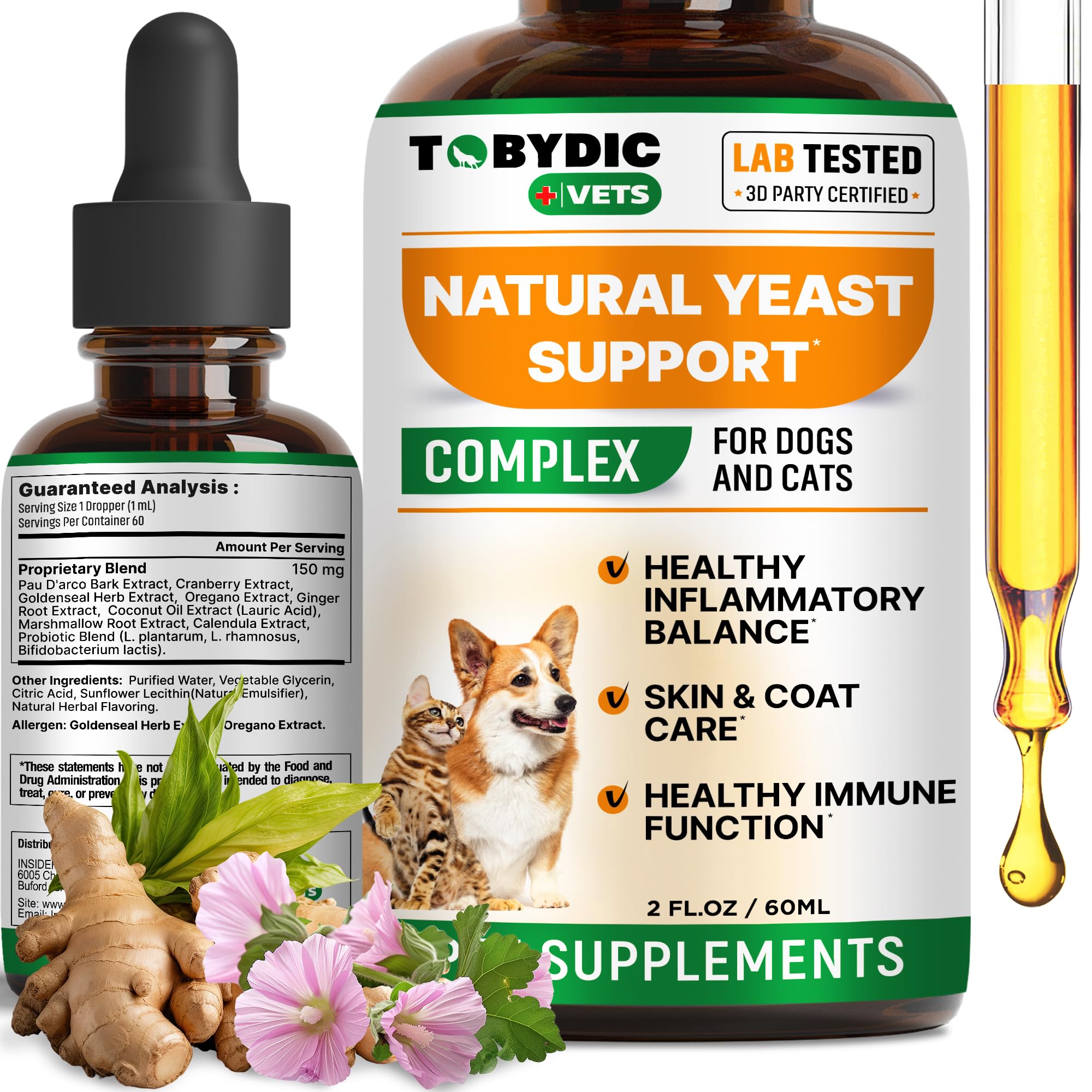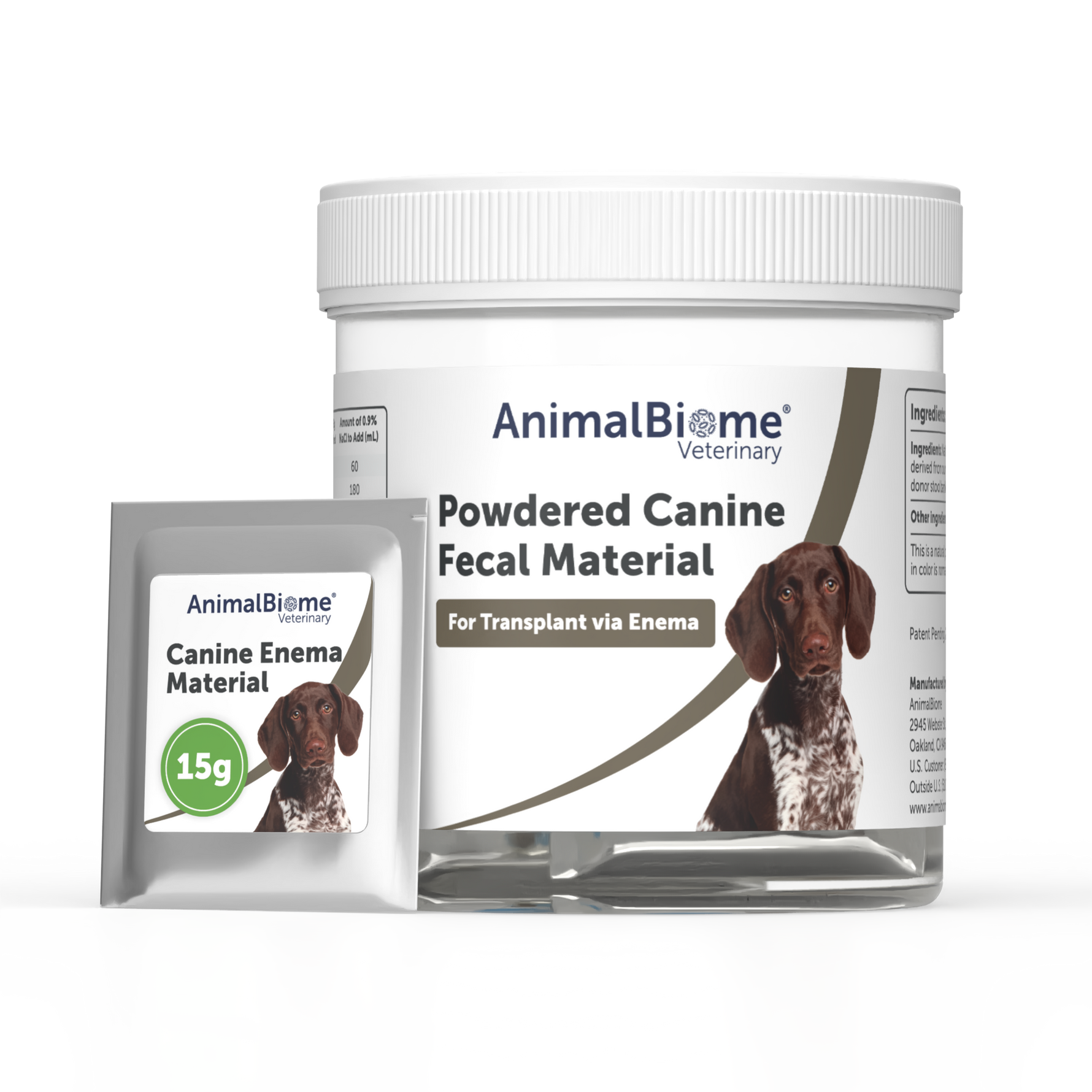Looking for the best small hypoallergenic dog to fit your lifestyle? You want a furry friend who won’t trigger allergies but still brings joy, companionship, and energy into your home.
Choosing the right dog can feel overwhelming, especially when you’re worried about sneezing, itchy eyes, or worse. But don’t worry—this guide will help you find the perfect small hypoallergenic dog that matches your needs and personality. Keep reading, and you’ll discover the top breeds that could change your life for the better.

Credit: www.goodrx.com
Traits Of Hypoallergenic Dogs
Hypoallergenic dogs cause fewer allergies in sensitive people. They have traits that reduce allergens in the home.
Understanding these traits helps you pick the best small hypoallergenic dog for your needs.
Low Shedding Breeds
Low shedding dogs lose less hair and skin flakes. This lowers the amount of allergens in the air.
Small breeds like the Maltese and Bichon Frise shed very little. They are good choices for allergy sufferers.
- Poodle (Miniature and Toy)
- Maltese
- Bichon Frise
- Shih Tzu
- Yorkshire Terrier
Allergen Types
Allergens come from dog hair, dander, saliva, and urine. Dander is tiny skin flakes that trigger allergies.
Dogs that shed less spread fewer allergens. Some dogs produce less saliva or have less oily skin, which helps too.
- Hair and fur
- Dander (dead skin cells)
- Saliva
- Urine proteins
Coat Maintenance
Regular grooming reduces allergens on your dog’s coat. Brushing removes loose hair and skin flakes.
Bathing your dog often helps remove saliva and dander. Keeping the coat clean lowers allergy risks.
- Brush coat several times a week
- Use hypoallergenic shampoos
- Keep the dog’s bedding clean
- Trim hair to reduce shedding
Benefits Of Small Hypoallergenic Dogs
Small hypoallergenic dogs are great pets for people with allergies. They shed less and cause fewer allergy problems.
These dogs are easy to care for and fit well in many homes. They offer comfort and companionship without large space needs.
Space Requirements
Small hypoallergenic dogs need less space to move around. They are happy with small indoor areas.
You do not need a big yard for them. Short walks and indoor play keep them healthy and active.
Suitability For Apartments
These dogs are perfect for apartment living. Their size and quiet nature suit close living spaces.
They adapt well to apartment routines and do not need much outdoor time. This makes them ideal for city life.
Travel And Portability
Small hypoallergenic dogs are easy to take on trips. Their size fits well in carriers and cars.
They feel comfortable in new places if you bring familiar items. This helps reduce travel stress for the dog.
Top Small Hypoallergenic Breeds
Many people want small dogs that do not cause allergies. Hypoallergenic dogs shed less hair and dander. This helps reduce allergic reactions.
Here are some of the best small hypoallergenic dog breeds. Each breed has unique traits and friendly personalities.
Bichon Frise
The Bichon Frise is a cheerful and gentle dog. It has a soft, curly coat that does not shed much. This makes it good for allergy sufferers.
They are small, usually weighing 10 to 20 pounds. Bichons love to play and are easy to train. They enjoy being around people and other pets.
Maltese
The Maltese is a small dog with a long, silky white coat. They shed very little, which helps reduce allergies. Their size is usually under 7 pounds.
Maltese dogs are friendly and affectionate. They like to be close to their owners and are good for apartment living. Regular grooming keeps their coat healthy.
Miniature Poodle
Miniature Poodles are smart and active dogs. Their curly coats shed very little. This breed is often recommended for people with allergies.
They weigh between 10 and 15 pounds. Miniature Poodles learn commands quickly and enjoy exercise. They fit well in small homes or apartments.
Shih Tzu
The Shih Tzu has a long, flowing coat that sheds minimally. This breed is small, usually weighing 9 to 16 pounds. They are known for their friendly nature.
Shih Tzus are good with children and other pets. They enjoy companionship and need regular grooming. Their calm temperament suits many families.
Yorkshire Terrier
Yorkshire Terriers, or Yorkies, have fine, silky hair that sheds little. They weigh about 4 to 7 pounds. Their small size makes them easy to carry.
Yorkies are lively and brave dogs. They need daily play and grooming. This breed is perfect for people who want a small, hypoallergenic companion.

Credit: pethelpful.com
Choosing The Right Dog For Allergies
Finding a small hypoallergenic dog can help reduce allergy problems. Some dog breeds shed less and produce fewer allergens. This makes them better for people with allergies.
It is important to pick a dog that fits your health needs and lifestyle. Understanding allergy testing, meeting the dog, and considering your daily life are key steps.
Allergy Testing Tips
Testing your allergies before adopting a dog helps avoid future problems. You can visit an allergist to check your reactions to dog dander.
Some tests use small samples of dog allergens to see if you have a reaction. This shows which breeds may cause fewer issues for you.
- Ask your doctor about allergy tests for dogs
- Test with samples from different small breeds
- Note which breeds cause less reaction
Meeting The Dog Before Adoption
Spending time with the dog helps you see how your allergies react. Visit the shelter or breeder and stay for a few minutes.
Watch for sneezing, itching, or watery eyes. This real-life test is very useful in choosing the right dog for you.
- Spend at least 10-15 minutes with the dog
- Try petting and playing to check reactions
- Observe any allergy symptoms carefully
Considering Lifestyle Compatibility
Think about how the dog fits your daily routine. Small hypoallergenic dogs need exercise, grooming, and attention.
Choose a breed that matches your activity level and home space. This helps the dog stay happy and healthy.
- Check grooming needs to reduce allergens
- Pick a dog that matches your energy level
- Consider space available for the dog to play
- Plan time for daily walks and care
Care Tips For Allergy Sufferers
Many people love small hypoallergenic dogs because they shed less. This helps reduce allergies. Caring for these dogs correctly can keep allergy symptoms low.
It is important to follow good grooming and cleaning habits. These habits help keep your home safe and comfortable for allergy sufferers.
Regular Grooming Routines
Regular grooming keeps your dog clean and reduces dander. Brush your dog several times a week to remove loose hair and skin flakes.
Bath your dog every 3 to 4 weeks with a gentle shampoo. This lowers allergens on the dog’s skin and fur.
- Brush with a soft brush to avoid skin irritation
- Use hypoallergenic pet shampoo
- Trim hair regularly to prevent mats
- Wipe your dog’s paws and face after walks
Home Cleaning Strategies
Keep your home clean to limit allergens. Vacuum carpets and furniture often using a vacuum with a HEPA filter.
Wash your dog’s bedding and your own regularly. This removes hair and dust that cause allergies.
- Vacuum at least twice a week
- Mop hard floors to pick up dust
- Use washable covers on furniture
- Keep dog out of bedrooms if possible
Air Filtration Options
Good air quality helps reduce allergy symptoms. Use air purifiers with HEPA filters to trap pet dander and dust.
Change air filters in your HVAC system often. This keeps the air clean and fresh in your home.
- Place air purifiers in main living areas
- Choose purifiers designed for pet allergens
- Replace HVAC filters every 1 to 3 months
- Open windows when weather allows for fresh air

Credit: www.wisconsindesignerdoodles.com
Frequently Asked Questions
What Makes A Dog Hypoallergenic?
Hypoallergenic dogs produce fewer allergens than other breeds. They typically shed less dander and hair. This reduces the amount of allergens in the home. It’s important for allergy sufferers. However, no dog is completely allergen-free.
Are Small Hypoallergenic Dogs Good For Apartments?
Yes, small hypoallergenic dogs are perfect for apartments. They require less space and exercise than larger breeds. Their low shedding reduces cleaning and maintenance. They also adapt well to indoor living. This makes them ideal for city dwellers.
How Do I Care For A Hypoallergenic Dog?
Caring for a hypoallergenic dog involves regular grooming. This helps reduce allergens. Bathe them monthly and brush their coat weekly. Provide a balanced diet and regular exercise. Regular vet check-ups ensure their health and well-being.
What Are The Most Popular Small Hypoallergenic Dogs?
Popular small hypoallergenic dogs include the Bichon Frise, Maltese, and Shih Tzu. These breeds are known for minimal shedding. Their friendly and affectionate nature suits families. They are also easy to train and adapt well to different environments.
Conclusion
Choosing the best small hypoallergenic dog depends on your lifestyle. These dogs offer companionship without heavy shedding. They are great for people with allergies. Each breed has unique traits and care needs. Think about your living space and activity level.
Spend time with different breeds before deciding. Small hypoallergenic dogs bring joy and comfort. A good match makes life happier for you and your pet. Take your time to find the perfect furry friend.







